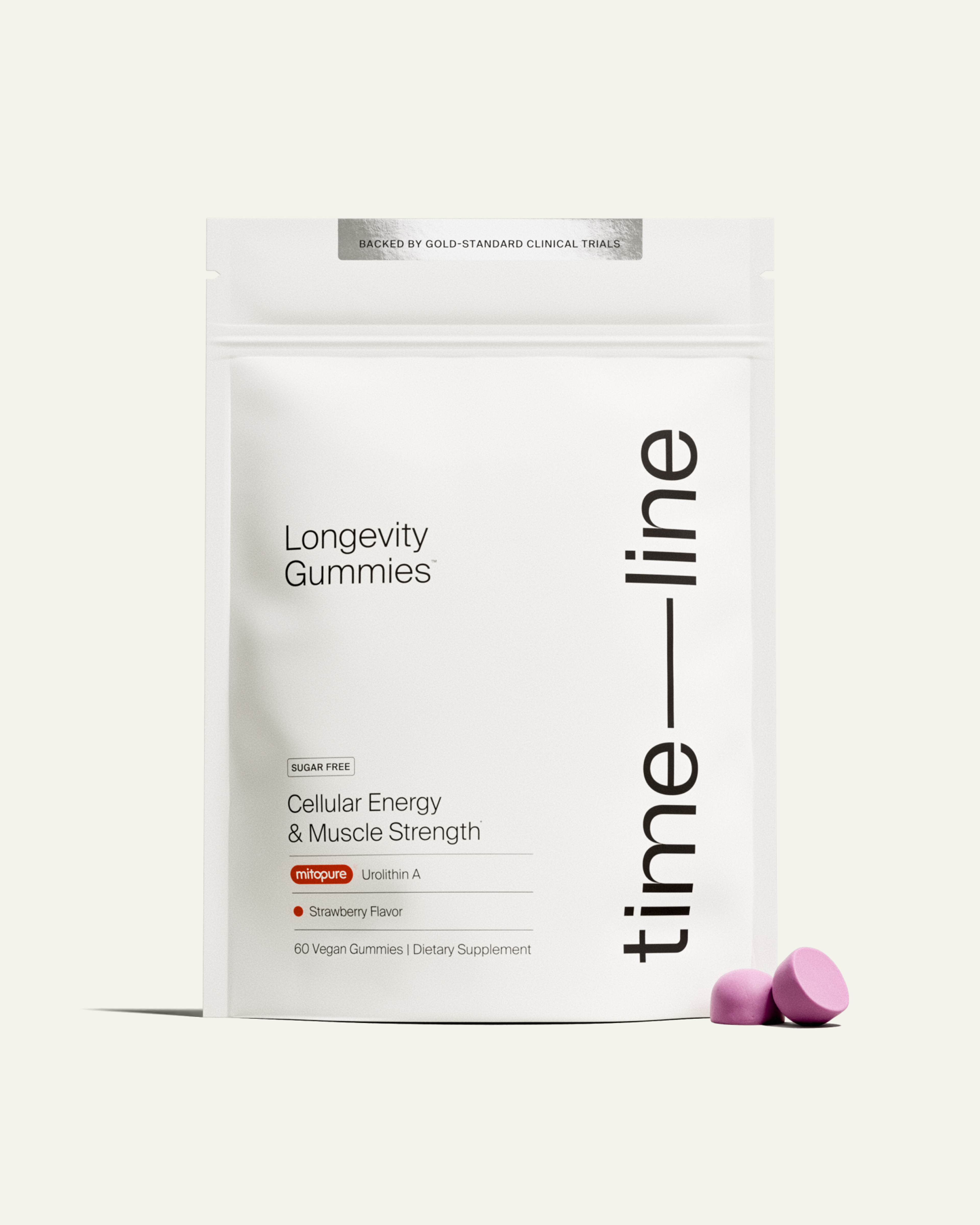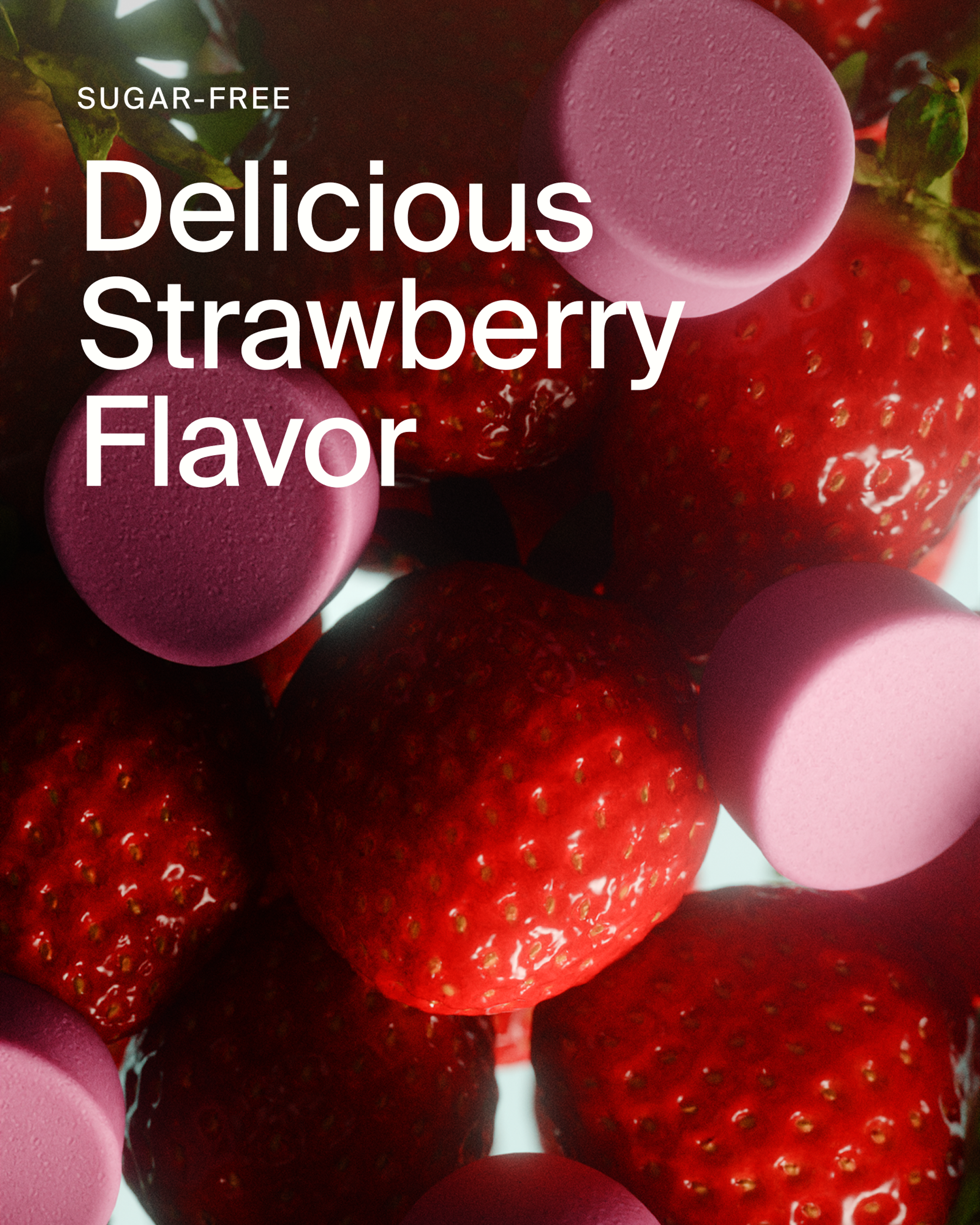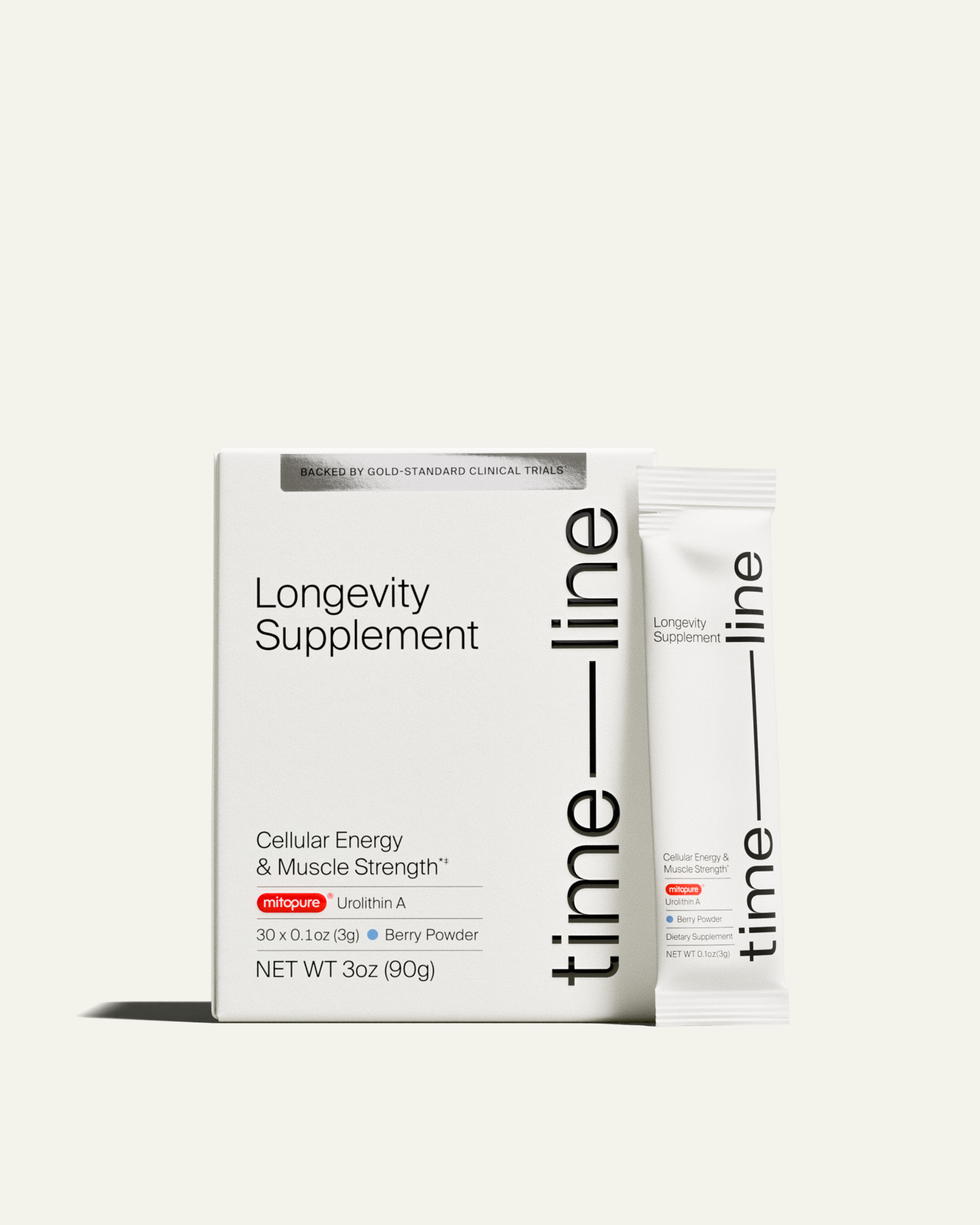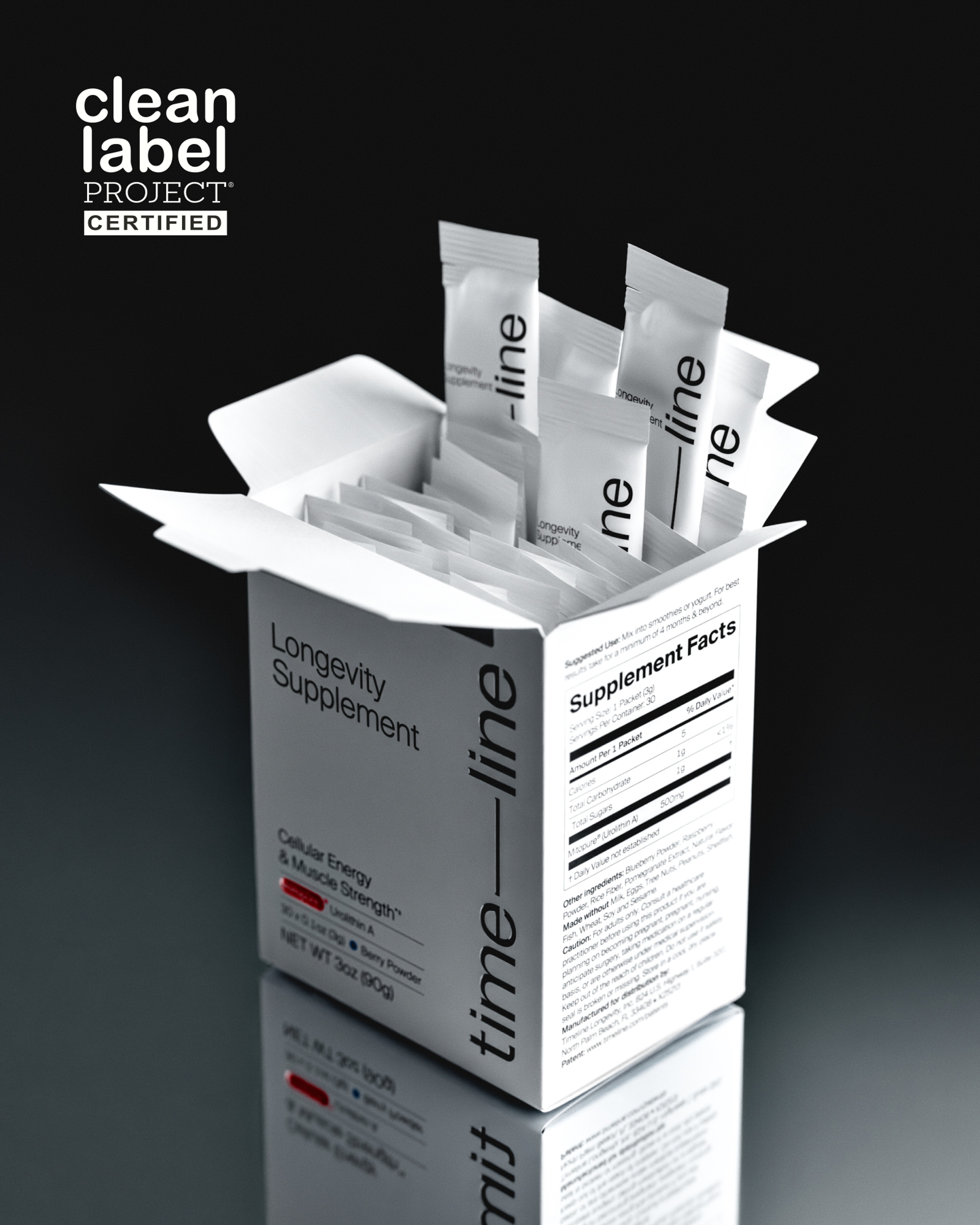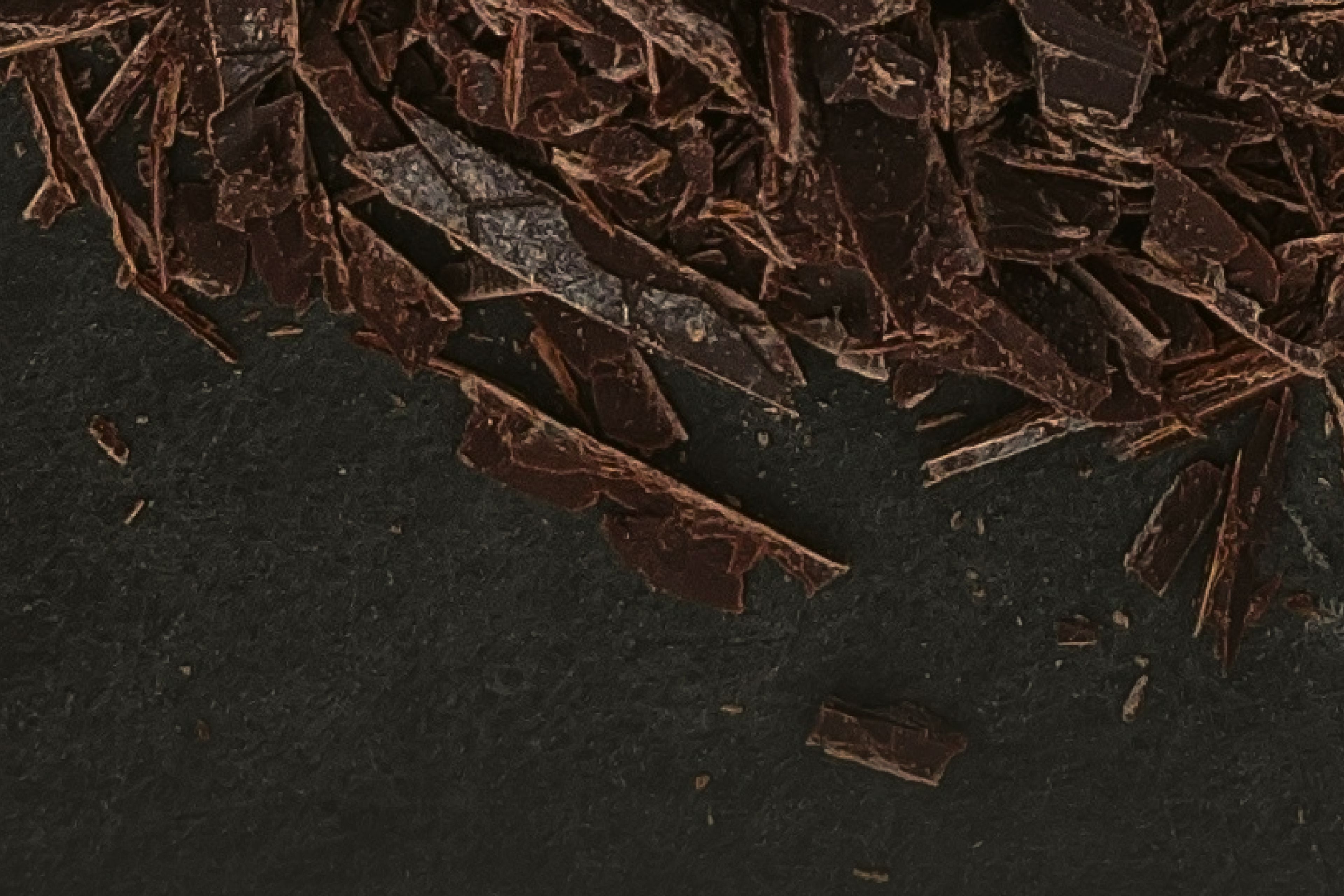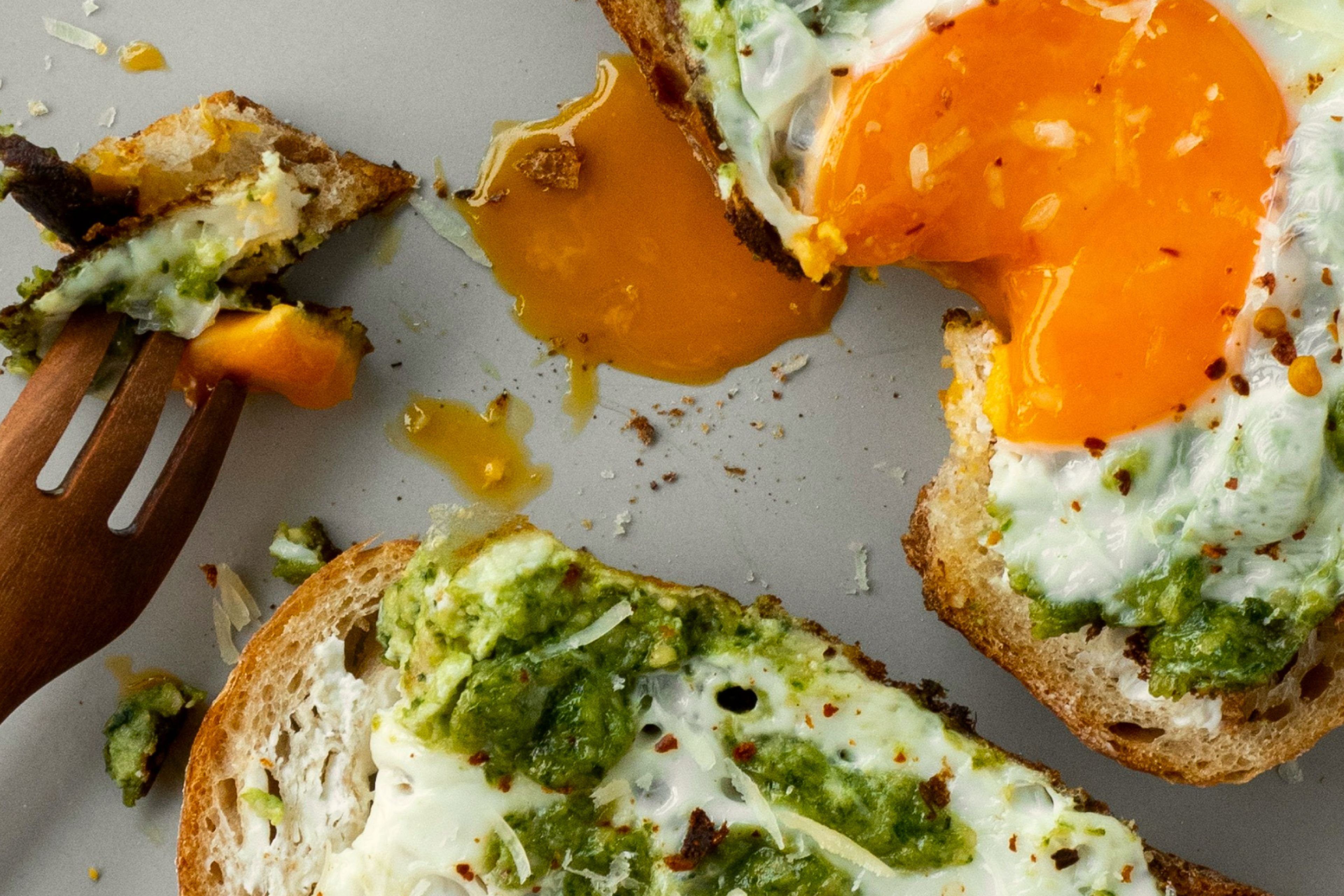New Study: Walnuts May Lower Inflammation and Cancer Risk
New research links daily walnut consumption to reduced colon cancer risk, thanks to gut-derived compounds like Urolithin A.
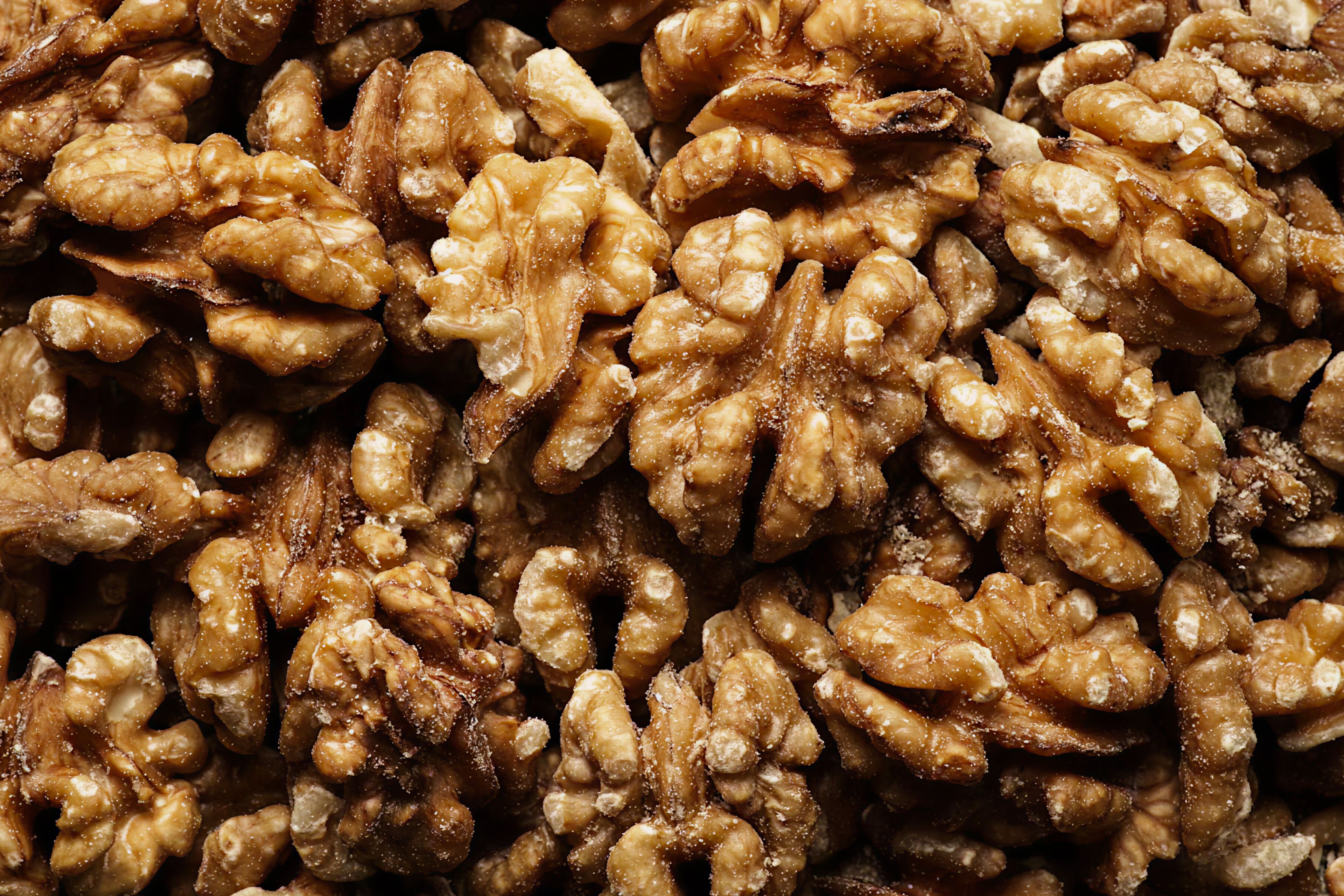
What to know
A new clinical trial links daily walnut consumption to reduced inflammation and colon cancer risk.
Walnuts are rich in ellagitannins, polyphenols that gut bacteria convert into the postbiotic compound Urolithin A.
After 3 weeks of daily walnut consumption, those with higher Urolithin A levels had lower inflammatory markers and fewer cancer-related proteins in colon tissues.
Only about 30% of people naturally produce Urolithin A, depending on the makeup of their gut microbiome.
What if one of the most powerful cancer-fighting tools was a tasty snack you could eat every day?
It’s well known that diet impacts cancer risk, but now a new clinical trial out of the University of Connecticut suggests that a simple daily handful of walnuts may significantly lower the risk of colon cancer, especially in people with obesity. The secret? A natural compound in walnuts that’s transformed by gut bacteria into a potent, inflammation-fighting molecule called Urolitin A.
Colon Cancer is on the Rise in Younger People
According to the American Cancer Society, more than 107,000 new cases of colorectal cancer are expected to be diagnosed in the year 2025. Once considered a disease that primarily impacted older adults, colorectal cancer is now an increasing concern in younger populations. Early-onset colorectal cancer, defined as a colon cancer diagnosis before the age of 50, has been rising at alarming rates.[1]
While the exact cause remains unclear, researchers believe a combination of factors may be contributing to this trend. Diet, environmental exposures, and disruptions to the gut microbiome are all suspected to play a role in the development of colorectal cancer at a younger age.
What Do Walnuts Have to Do With It?
Walnuts may be one of the healthiest nuts you can eat. They’re rich in omega-3 fatty acids and vitamin E, both of which contribute to their well-known health benefits. But growing evidence suggests that the polyphenol content in walnuts may offer especially powerful effects on human health.[2]
Walnuts are particularly rich in the class of polyphenols called ellagitannins. Studies have demonstrated that the gut microbiome converts these polyphenols into healthy metabolites known as postbiotics,[3] most notably a compound called Urolithin A. This molecule has been of particular interest to the scientific community due to its unique ability to support mitochondrial health. Now, based on the results of this new study, it may also play a role in cancer prevention.[4]

What is Urolithin A?
When we eat foods like walnuts, pomegranates, and berries, our gut microbiome converts ellagitannins into Urolithin A. Urolithin A then works on the mitochondria, triggering mitophagy, a cellular recycling process that eliminates damaged and dysfunctional mitochondria and creates newer, healthier ones.
Research also suggests that Urolithin A has anti-inflammatory properties, which is why it’s attracting the attention of cancer scientists.[5]
New Research Linking Urolithin A to Colon Cancer Protection
The new study, published in Cancer Prevention Research, builds on earlier promising findings in mice that linked walnuts, Urolithin A, and protection against colon cancer. In this human clinical trial, researchers investigated how daily walnut consumption might affect inflammation and markers of colon cancer risk.
Thirty-nine adults (21 females and 18 males), aged 50 to 65, participated in the study. After a 1-week washout period, during which they avoided all foods and supplements containing ellagitannins or Urolithin A, participants were instructed to consume 56 grams of walnuts per day for three weeks. That’s the equivalent of about ½ cup of shelled walnuts, or a generous handful.
During this time, the researchers collected data from blood, urine, stool, and colon tissue samples, including colonoscopies, to measure systemic and local markers of inflammation and gut health.
The results were striking:
- Walnut consumption led to increased production of Urolithin A
- Participants who produced higher levels of Urolithin A had lower blood levels of several inflammatory markers. These anti-inflammatory effects were especially pronounced in participants with obesity, a group at higher risk for colorectal cancer.
- In colon polyp tissues, higher Urolithin A levels were associated with reduced expression of tumor-related proteins, which are linked to cancer progression and immune suppression.
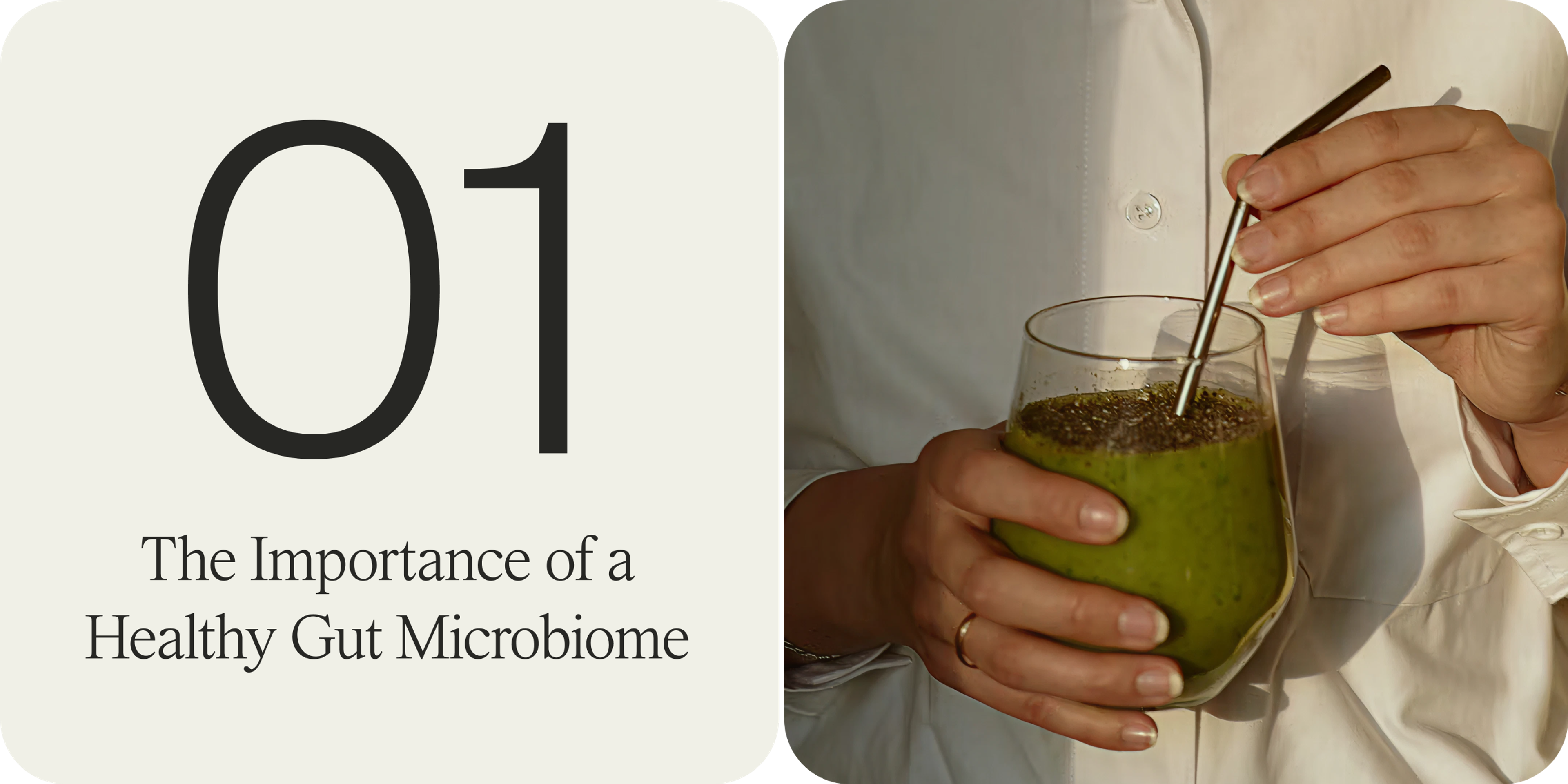
Your Gut Might Be the Key
One of the most fascinating aspects of this research is that not everyone produced the same amount of Urolithin A, even though they all ate the same amount of walnuts. That’s because your ability to generate this postbiotic depends on the bacteria in your gut.
This builds on previous research that shows only about 30% of the population has the right gut microbiome to produce Urolithin A.[6] And for those of us who do have the right gut microbiome, we may not be eating a handful of walnuts a day.
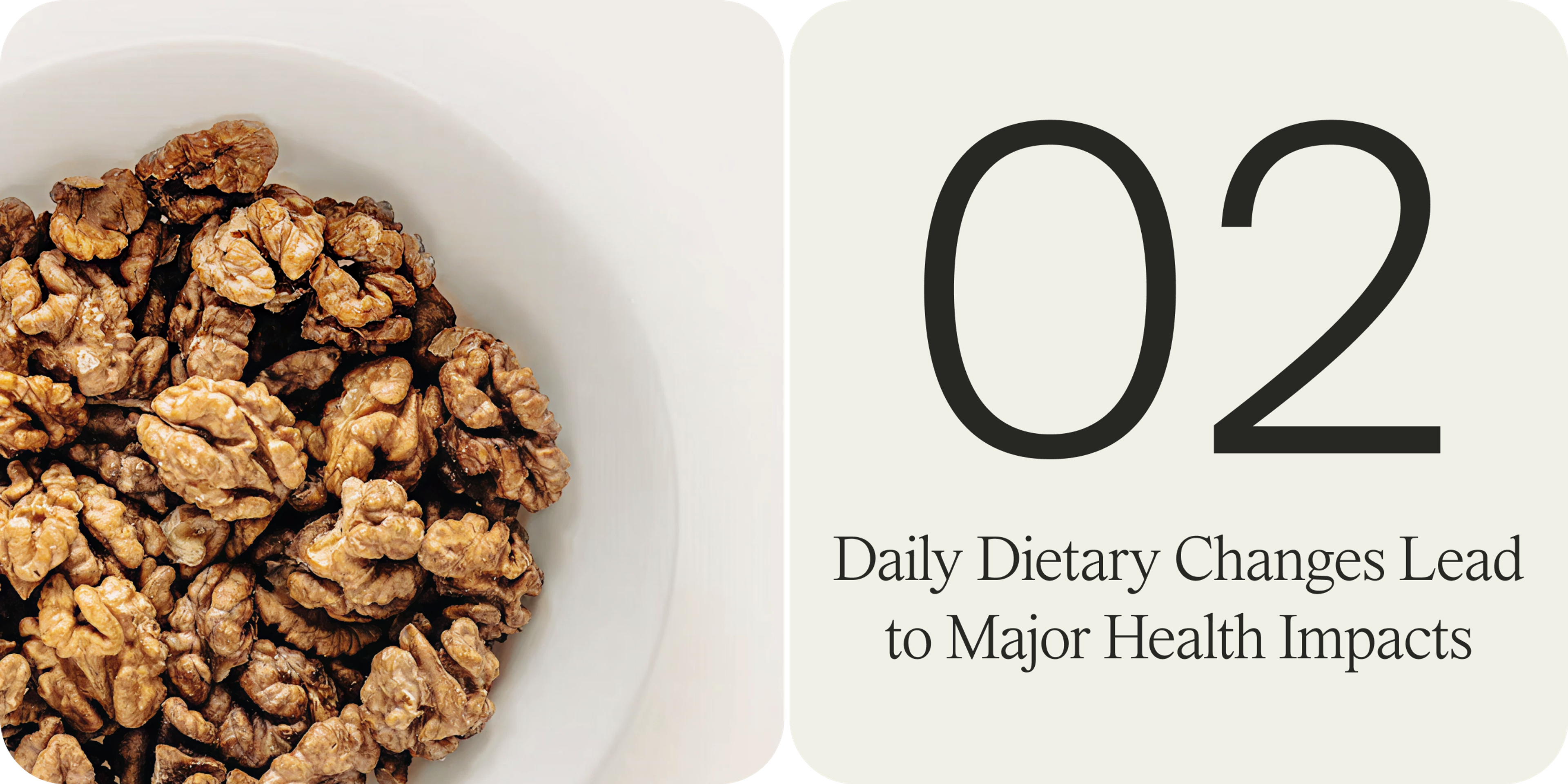
A Simple Habit with Big Potential
While more research is needed, this study adds to a growing body of evidence that small, daily dietary changes can have a big impact, especially when it comes to cancer prevention. Just a handful of walnuts a day offers a range of benefits, from heart-healthy fats to key precursors for producing Urolithin A.
If you’re looking for a science-backed snack with long-term benefits, walnuts may be one of the smartest choices you can make.
Authors

Written by
Director Science Communications

Reviewed by
Lead Regulatory Affairs & Scientific Manager Alliances at Timeline
References
- ↑
Koh B, Tan DJH, Ng CH, et al. Patterns in Cancer Incidence Among People Younger Than 50 Years in the US, 2010 to 2019. JAMA Netw Open. 2023;6(8):e2328171. doi:10.1001/jamanetworkopen.2023.28171
- ↑
Sánchez-González, C., Ciudad, C. J., Noé, V., & Izquierdo-Pulido, M. (2017). Health benefits of walnut polyphenols: An exploration beyond their lipid profile. Critical Reviews in Food Science and Nutrition, 57(16), 3373–3383. https://doi.org/10.1080/10408398.2015.1126218 (https://www.google.com/url?q=https://doi.org/10.1080/10408398.2015.1126218&sa=D&source=docs&ust=1754071705994356&usg=AOvVaw3imdUCfjTQi_wc3hvDUg5l)
- ↑
Sánchez-González, C., Ciudad, C. J., Noé, V., & Izquierdo-Pulido, M. (2017). Health benefits of walnut polyphenols: An exploration beyond their lipid profile. Critical Reviews in Food Science and Nutrition, 57(16), 3373–3383. https://doi.org/10.1080/10408398.2015.1126218 (https://www.google.com/url?q=https://doi.org/10.1080/10408398.2015.1126218&sa=D&source=docs&ust=1754071705992628&usg=AOvVaw1PjPg1hFmEZqhOUVvrW2qj)
- ↑
Andreux, P.A., Blanco-Bose, W., Ryu, D. et al. The mitophagy activator urolithin A is safe and induces a molecular signature of improved mitochondrial and cellular health in humans. Nat Metab 1, 595–603 (2019). https://doi.org/10.1038/s42255-019-0073-4 (https://www.google.com/url?q=https://doi.org/10.1038/s42255-019-0073-4&sa=D&source=docs&ust=1754071705995946&usg=AOvVaw2haZzQ3GAXSlTCJKQDuTo1)
- ↑
Moussa MR, Fan N, Birk J, Provatas AA, Mehta P, Hatano Y, Chun OK, Darooghegi Mofrad M, Lotfi A, Aksenov A, Motta VN, Zenali M, Vaziri H, Grady JJ, Nakanishi M, Rosenberg DW. Systemic Inflammation and the Inflammatory Context of the Colonic Microenvironment Are Improved by Urolithin A. Cancer Prev Res (Phila). 2025 Apr 1;18(4):235-250. doi: 10.1158/1940-6207.CAPR-24-0383. PMID: 39995164; PMCID: PMC11979956.
- ↑
Singh, A., D’Amico, D., Andreux, P.A. et al. Direct supplementation with Urolithin A overcomes limitations of dietary exposure and gut microbiome variability in healthy adults to achieve consistent levels across the population. Eur J Clin Nutr 76, 297–308 (2022). https://doi.org/10.1038/s41430-021-00950-1 (https://www.google.com/url?q=https://doi.org/10.1038/s41430-021-00950-1&sa=D&source=docs&ust=1754071705990674&usg=AOvVaw0YtVVau96LcupIgCF9Z25L)
